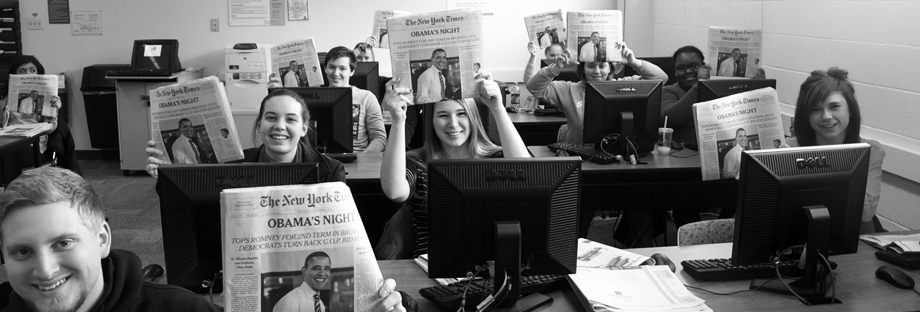Great minds discuss ideas.
Average minds discuss events.
Small minds discuss people.
—Eleanor Roosevelt
WRD 103 introduces you to the forms, methods, expectations, and conventions of college-level academic writing. We also explore and discuss how writing and rhetoric create a contingent relationship between writers, readers, and subjects, and how this relationship affects the drafting, revising, and editing of our written — and increasingly digital and multimodal — projects.
In WRD 103, we will:
- Gain experience reading and writing in multiple genres in multiple modes
- Practice writing in different rhetorical circumstances, marshaling sufficient, plausible support for your arguments and advocacy positions
- Practice shaping the language of written and multimodal discourses to your audiences and purposes, fostering clarity and emphasis by providing explicit and appropriate cues to the main purpose of your texts
- Practice reading and evaluating the writing of others in order to identify the rhetorical strategies at work in written and in multimodal texts.
You’ll be happy to note, I hope, that we build on your previous knowledge and experiences; that is, we don’t assume that you show up here a blank slate. We assume that you have encountered interesting people, have engaging ideas, and have something to say. A good writing course should prepare you to take those productive ideas into other courses and out into the world, where they belong, and where you can defend them and advocate for them.
Finally, it’s no secret around here that students who take early and regular advantage of DePaul’s Center for Writing-based Learning not only do better in their classes, but also benefit from the interactions with the tutors and staff in the Center.




